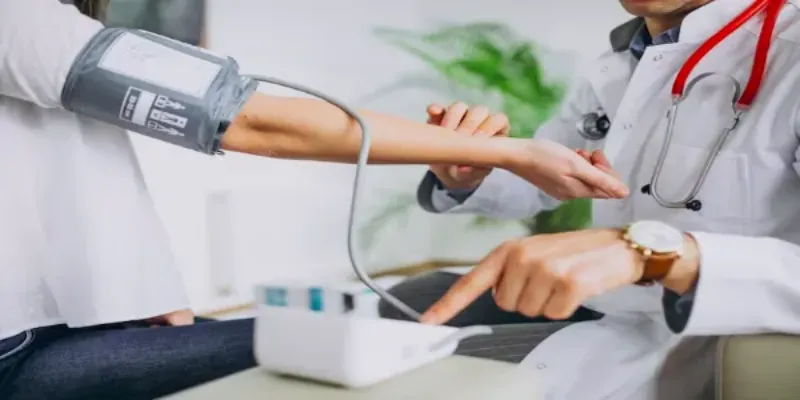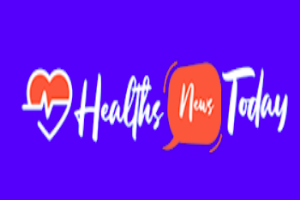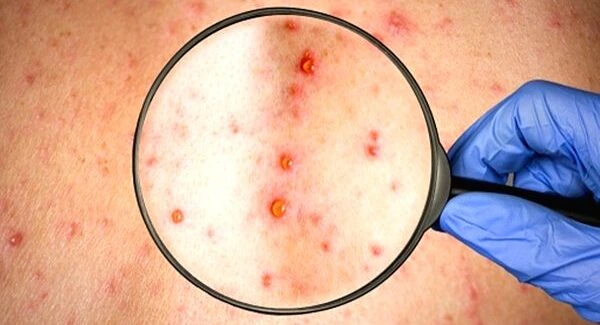What is Blood Pressure, Overview, Symptoms, Treatment & Precautions

Posted Date: March 19th, 2023
Whenever we go to the doctor for the treatment of any illness, doctor checks our pulse and blood pressure. Heart rate and blood pressure measures two different things, but doctor checks the both to analyze certain aspects of health. The heart rate describes the number of times that you’re beats per minute and the blood pressure shows the blood moves through the blood vessels.
The way any infection in your body causes cold and fever the same way if a person has any disease in the body than the blood pressure become high or low.
High Blood Pressure is the situation in which flow of the blood against the artery walls is too high. It is a dangerous condition that affects millions of people around the world. It is also known as hypertension. High blood pressure rarely shows the symptoms in early stages. It is a silent disease for very long time. Blood Pressure caused by many factors such as lifestyle, genetics, diet and stress. Sometime we ignore the high blood pressure because of no symptoms but it should be treated on immediate basis.
Types of Blood Pressure
In the medical term there are two types of blood pressure:
Systolic Blood Pressure: The blood pressure measured by two numbers. The first number of the measurement is called systolic blood pressure. It measures the pressure of the blood flow in the arteries when the heart beats.
Diastolic Blood Pressure: The second number of the measurement is diastolic blood pressure. When the heart is in relaxing mode, a minimum pressure is needed to flow blood is called diastolic blood pressure. It maintains the blood flow in the arteries even in the relaxing mood.
Arteries carry blood from the heart and reach the different parts of our body.
Symptoms and causes of Blood Pressure
Usually, blood pressure has no symptoms until it occur a serious health problem like heart attack, stroke or kidney damage.
An adult who has high blood pressure they are not even aware about this and therefore they are not being treated to control their blood pressure. So it is advised that everyone should check blood pressure once a year.
Some symptoms which we may be able to see in high blood pressure, appear on different people according to their body.
• Memory Loss.
• Severe Headache.
• Shortness Of breath.
• Nosebleed.
• Severe Anxiety.
Measurement of Blood Pressure
We measured blood pressure in millimeters of mercury (mm Hg) by using sphygmomanometer which is consists of an inflatable cuff that we wrapped around the upper arm that measures the blood flow against the arteries wall.
As we have mentioned there are two types of blood pressure, systolic and diastolic so we measure the blood pressure keeping this in mind and it is important to get the level of both in the given range.
|
Category |
Systolic Blood Pressure |
Diastolic Blood Pressure |
|
Low Blood category |
Lower than 90 |
Lower than 60 |
|
Healthy category |
Less than 120 |
Less than 80 |
|
Pre-Hypertension category |
Between 120-129 |
Less than 80 |
|
For Hypertension category(stage 1) |
Between 130-139 |
Between 80-89 |
|
For Hypertension Category(Stage 2) |
140 or Higher |
90 or Higher |
|
Not Acceptable |
More than 180 |
More than 120 |
Treatment and Precautions
Regular check up is very important to reduce high blood pressure especially if you are having any risk factors for high blood pressure or if you have already diagnosed with high blood pressure. The American heart association recommends that every adult should check their blood pressure at least once in two years, starting at age 18. Blood pressure can also affects by the time of day like, high in the morning and low in the evening which is called morning hypertension.
Lifestyle changes are also one of the most important key to control or reduce your blood pressure which your doctor also recommends you including:
• Daily Exercise.
• Maintain your diet with less salt.
• 7 to 9 hours sleep daily.
• No to smoking and alcohol.
• Maintain your weight.
Healthcare provider may also recommend medicines to lower your blood pressure.
Low Blood Pressure
Low blood pressure is also called hypotension. When the blood pressure reading is lower than 90(systolic) and lower than 60(diastolic) mm hg it consider as lower blood pressure. Many people do not pay attention to low blood pressure but sometimes it is very dangerous. Low blood pressure is not noticeable in many people but it shows the symptoms like fainting or dizziness or sometime it is life threatening.
Symptoms of Low Blood Pressure are:
• Dizziness
• Light Headedness
• Fainting
• Unsteadiness
• Blurred Vision
• Heart Beat Become more Noticeable.
Types of low Blood Pressure:
In the medical term types of blood pressure are:
• Postural Hypotension: When we sudden standup from a sitting position or even while sleeping and the blood pressure drops is called postural hypotension. The main cause of postural hypotension is dehydration, pregnancy, heart problems and bed rest from long time.
• Postprandial Hypotension: This drop of blood pressure can be seen after 1 or 2 hours of eating. It is mostly affects older adults who have high blood pressure issues. Drinking more water, eating small or avoiding smoking and alcohol helps to reduce the symptoms.
• Neurally Mediated Hypotension: This type of blood pressure mostly affects young people and children. It happens because of misbalance of heart and brain.
• Multiple System Atrophy With Orthostatic Hypotension: This type of blood pressure starts with high blood pressure while lying down. It affects the nervous system that controls heart rate, breathing.
It is a progressive neurological disorder system.
Treatment of Low Blood Pressure
The treatment of low blood pressure depends upon the symptoms and causes. If the low blood pressure caused by the dehydration so in that case fluid intake can help. If low blood pressure caused by any disease such as heart disease, anemia or diabetes than the particular treatment can reduce the low blood pressure.
There is no particular treatment for low blood pressure but certain self-care, medications, lifestyle changes helps to reduce the risk of low blood pressure. Doctors treat the low blood pressure when symptoms occur in the patient.
Conclusion
People may have the different opinion or feedback about the high blood pressure depending upon their personal experience. Overall it’s important to know about the potential of high or low blood pressure and should take steps accordingly. Try to maintain healthy blood pressure by lifestyle changes and medical treatment when necessary.
Related Posts
Dr. Emily Carter is a seasoned health writer and wellness advocate at Healths News Today. With over a decade of experience in the healthcare industry, she specializes in translating complex medical information into easy-to-understand content that empowers readers to make informed decisions about their health.




